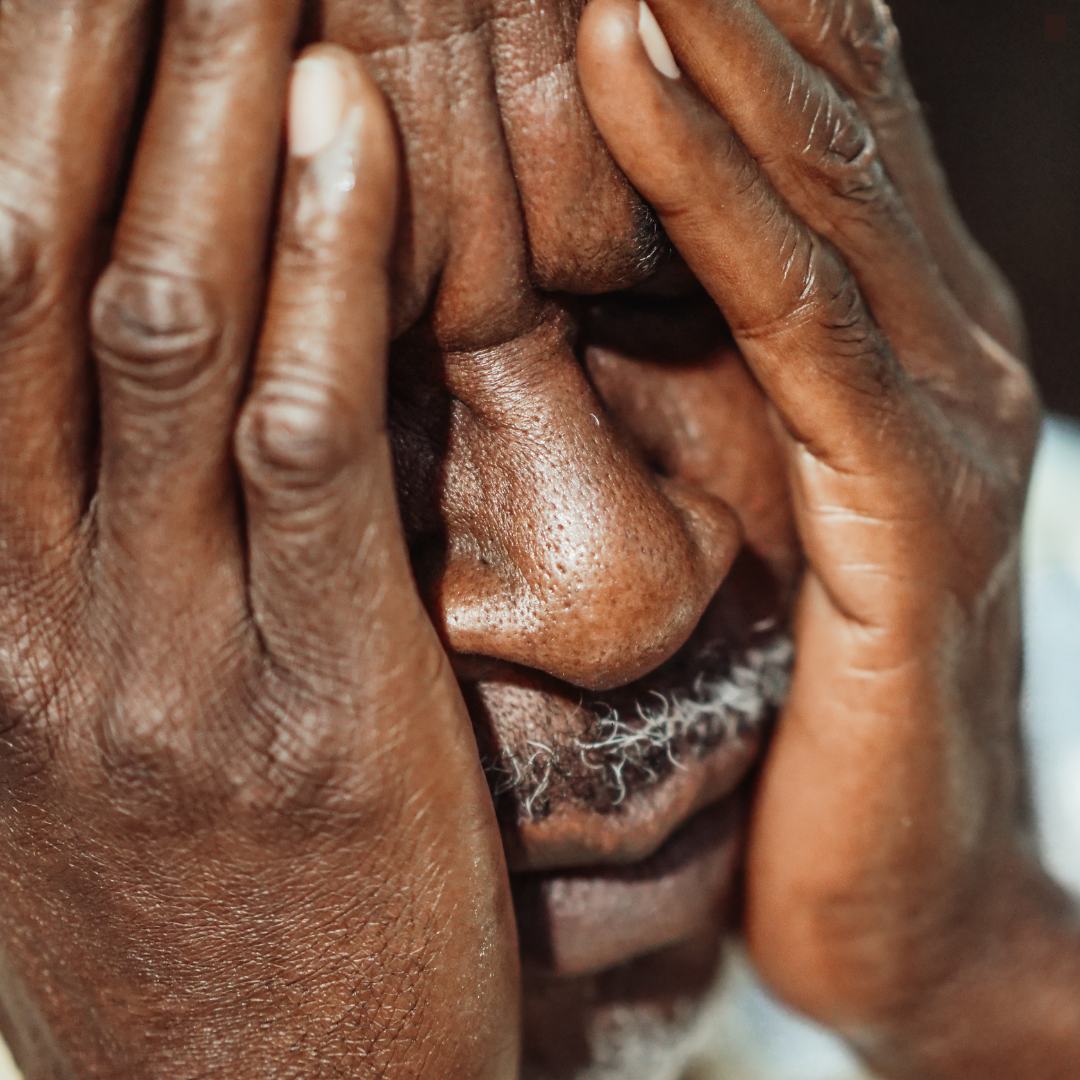Authors: Eric E. Griffith, Paul A. Robbins, Bethlehem T. Ferede, and Keisha L. Bentley-Edwards
Journal: American Journal of Human Biology
Abstract: Black people had the highest prevalence of Alzheimer’s disease and related dementias (ADRD) of any racial/ethnic group in the United States (US) as of 2020. As racial disparities in the prevalence of ADRD are being investigated, more evidence is necessary to determine the pathways and mechanisms that either slow ADRD progression or improve quality of life for those affected. Religion/spirituality (R/S) has been shown to affect health outcomes but has rarely been studied as a possible pathway for reducing ADRD risk. Crucially, Black people also report higher levels of R/S than other racial/ethnic groups in the United States. This research asks if R/S affects ADRD risk among Black adults and if any effects persist after controlling for hypertension. We conducted a secondary data analysis drawing from the Health and Retirement Study (HRS), a nationally representative longitudinal dataset with an oversampling of Black adults. We used logistic regression analysis to demonstrate how R/S has an ameliorating impact on ADRD risk among Black people, even after controlling for hypertension. Those who never attended religious services had 2.37 higher odds of being diagnosed with ADRD than those who attended more than once a week. Further, as R/S attendance increased, ADRD risk decreased linearly. These findings demonstrate the importance that existing cultural networks (e.g., R/S) can have for reducing ADRD burden for Black people and has important implications for the role of R/S in shaping ADRD symptomatology.
Key Findings
- This study considers whether the higher relevance of R/S in the daily lives of Black people in the United States may affect their ADRD risk.
- Our first hypothesis was partially supported: Attending religious services, but not frequency of prayer nor religious salience, was associated with a reduced risk of ADRD for self-identified Black people.
- Our second hypothesis was rejected: Attending religious services correlated with a reduced likelihood of ADRD diagnosis even after controlling for hypertension, an ADRD risk factor.
- This project is innovative because it (1) examines how R/S may help to reduce the risk of ADRD diagnosis, even for people who have comorbid conditions such as hypertension, and (2) leverages a dataset with an oversampling of Black people to conduct a quantitative analysis of the R/S–ADRD diagnosis relationship.
Citation: Griffith EE, Robbins PA, Ferede BT, Bentley-Edwards KL. Religious participation is associated with fewer dementia diagnoses among Black people in the United States. Am J Hum Biol. 2024 Dec;36(12):e24125. doi: 10.1002/ajhb.24125. Epub 2024 Jun 28. PMID: 38940191; PMCID: PMC11646185.
Image: ©Kindel Media from Pexels via Canva.com

